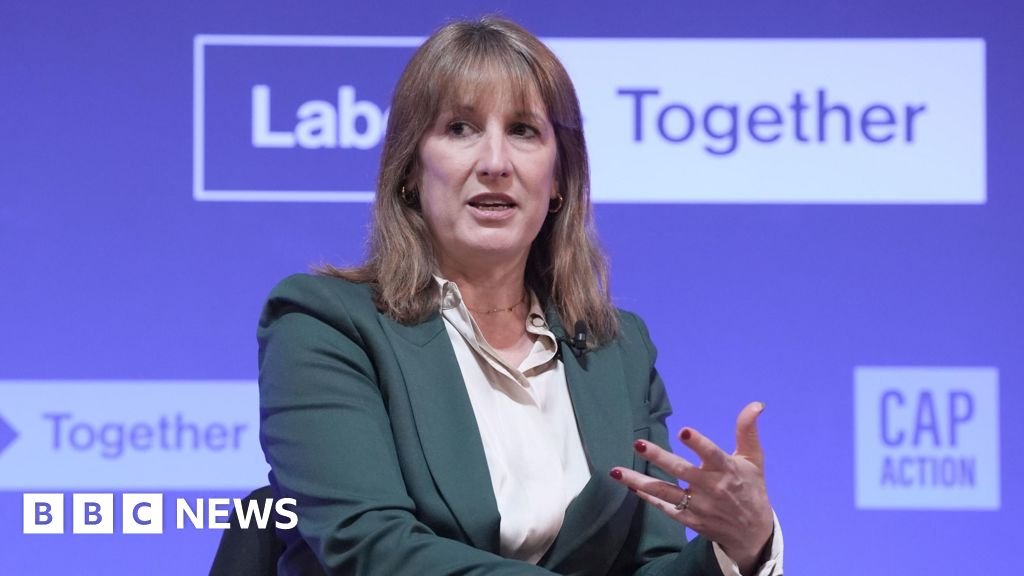Rachel Reeves has abandoned plans to raise income tax rates in the budget on 26 November, the Financial Times reports.
The newspaper says the Chancellor and Prime Minister made a U-turn on raising taxes, which would have broken an election manifesto promise, out of fear it would anger voters and Labor MPs.
Speaking to BBC Breakfast, Culture Secretary Lisa Nandy said, “No decisions have been made or set in stone until Reeves delivers the Budget in the House of Commons”.
In response to the reports, UK government bonds and the pound have come under pressure.
The yield on the benchmark 10-year government bond rose 0.11% or 11 basis points – a huge move in a short period of time. Sterling also fell 0.3% to US$1.313.
Reeves has not publicly confirmed that she will raise income tax rates but has refused to rule it out.
Earlier this month, he also gave a pre-Budget speech in which he stressed the need to make “necessary choices” and warned that everyone has to “contribute”.
If the Chancellor decides not to increase income tax rates, he will have to find other ways to raise money, in order to plug the larger-than-expected gap in the public finances of around £20 billion, as well as meet his own self-imposed rules on debt and borrowing.
She could still choose to increase the withholding on income tax and National Insurance (NI) thresholds. The freeze was implemented in April 2023 and was scheduled to expire in 2028.
This will mean that as wages rise, more people will fall above the income threshold at which they will either start paying tax and NI or qualify for higher tax rates.
The Institute for Fiscal Studies estimates that extending the freeze by two years could raise £8.3 billion a year and would mean that someone on the minimum wage would have to pay income tax if they worked just 18 hours a week.
Another option would be to lower the limit which would raise more money than increasing the cap.
There are reports the Treasury is also considering other measures, including new taxes on electric vehicles and higher taxes on gambling companies.
In its 2024 general election manifesto, Labor promised that it would “not increase taxes on working people, which is why we will not increase National Insurance, the basic, higher or additional rates of income tax, or VAT”.
Breaking the manifesto promise will mean tough questions for Labor ministers and MPs ahead of elections in Scotland, Wales and England.
Earlier in the month, the party’s newly-elected deputy leader Lucy Powell said: “It’s really important that we stick to the promises we were elected on and do what we said we would.”
Asked about the report in the Financial Times, Nandy said, “As someone who sits around the Cabinet table, who has discussions with Rachel and knows her for a long time, what I can tell you is that she will not play fast and loose with people’s money.
“She takes her promises seriously, and she will do everything she can to make sure those choices are as fair choices as possible.”
Conservative leader Kemi Badenoch said: “A single retreat cannot fix a budget built on broken promises.
“Reeves must guarantee no new taxes on work, business, homes or pensions – and he must go further by abolishing stamp duty.”
Liberal Democrat Treasury spokeswoman Daisy Cooper said: “If true, this terrifying 11th-hour U-turn could save struggling families from another budget blow to the stomach.”
A Treasury spokesperson said: “We do not comment on speculation about tax changes outside of fiscal events.”
He said: “The Chancellor will deliver a Budget that makes sensible choices to build a strong foundation to secure Britain’s future.”
